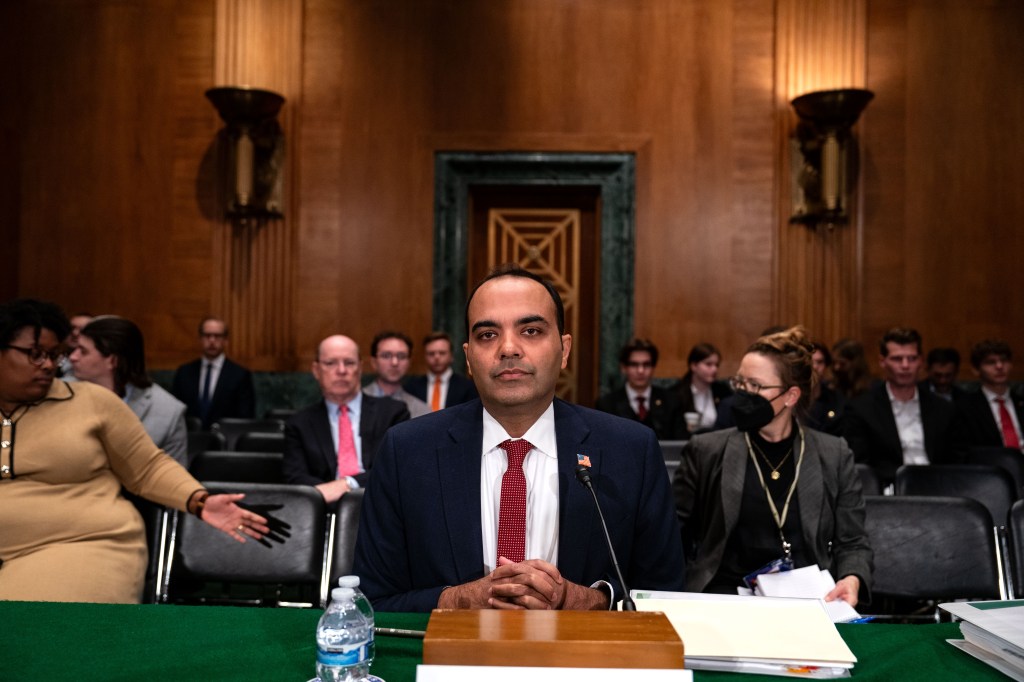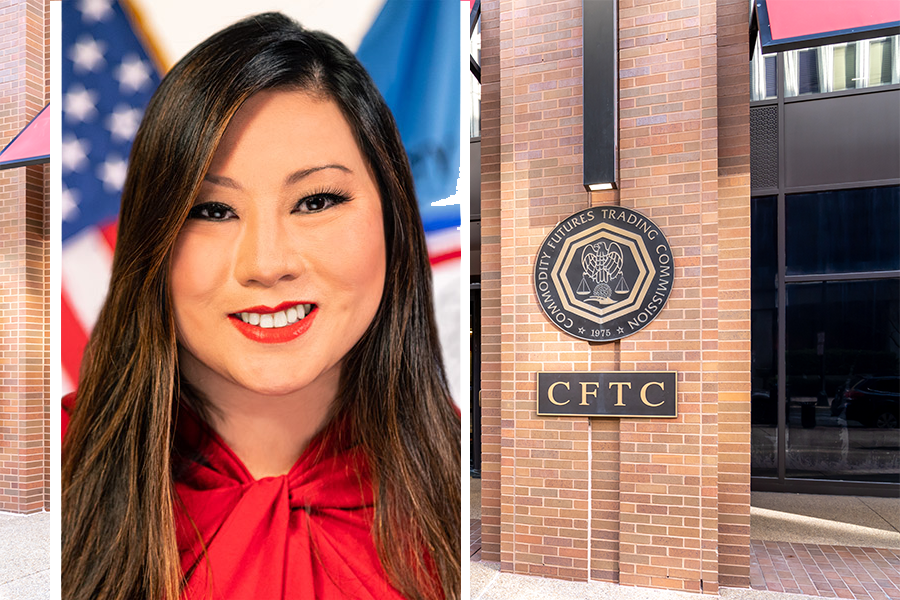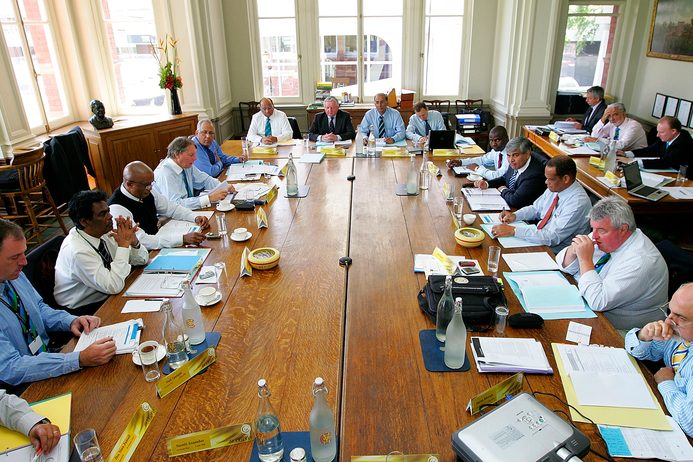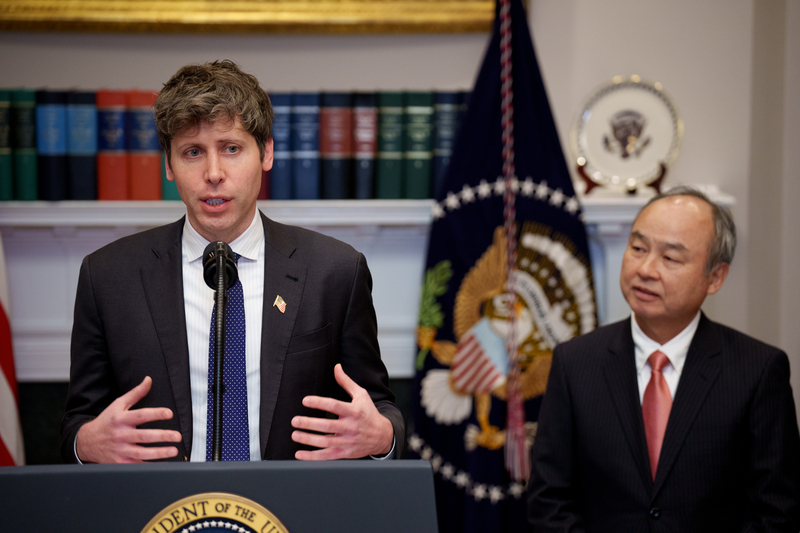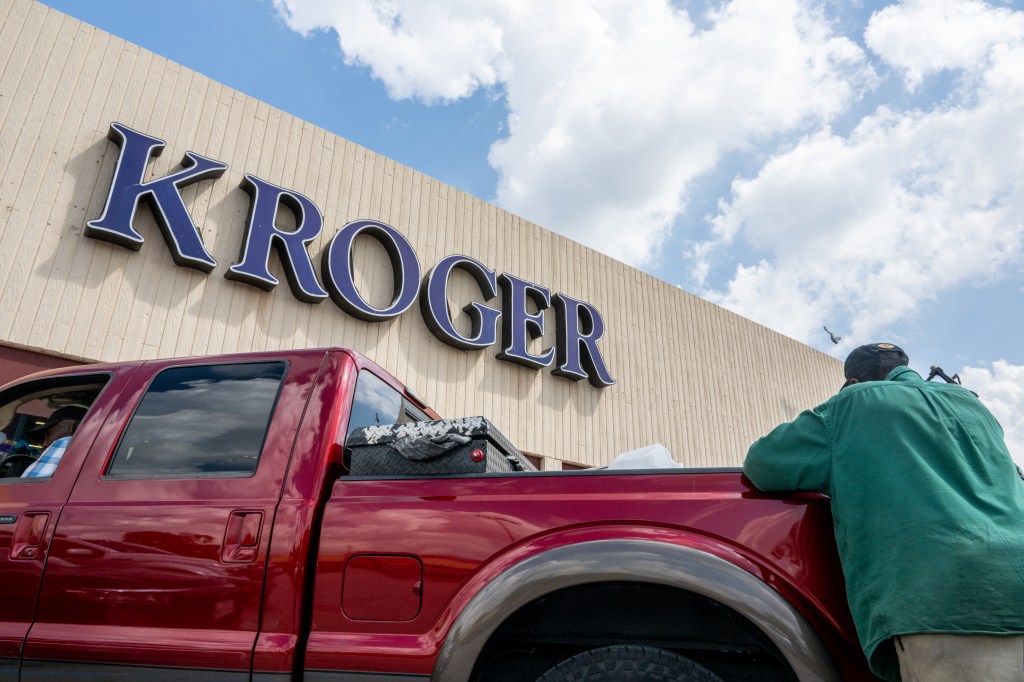The FTC and the attorneys general of eight states are suing in federal court to block a $25 billion merger between grocery chains Kroger and Albertsons. If the merger goes ahead it will be the largest to have ever occurred in the industry.
The suit is now being heard before District Judge Adrienne Nelson in Portland, Oregon. Colorado and Washington are pursuing concurrent suits against the merger in state courts.
Kroger and Albertsons currently compete in 22 states. In a position backed by most experts, the FTC contends that that the merger will reduce competition and inevitably lead to price increases and diminished working conditions for employees.
If the merger were to go through, Kroger and Albertsons would capture around 13% of the US market and operate more than 5,000 stores.
Walmart, Costco, Amazon
Kroger says that these dreary forecasts fail to consider the amount of competition created by growing industry players such as Walmart and Costco, and how online distributors like Amazon have been disrupting the grocery market.
Kroger also claims that if the merger succeeds, it will be able to lower prices by $1 billion, and vows to sell around 579 of its stores to independent C&S Wholesale Grocers in states where the two chains coexist. However, the FTC has deemed a selloff plan too anemic to sufficiently promote competition.
This legal battle comes at an inflection point, where rising food prices have provided political ammunition for both Republicans and Democrats. Donald Trump typically blames runaway inflation caused by government spending, while Kamala Harris is more inclined to pin it on corporate greed and price gouging.
The trial
The court battle to secure a preliminary injunction will essentially be a trial on the merits. The disposition of the case will heavily turn on economic considerations such as market and consumer impact, and appellate courts are generally loath to reassess determinations of fact.
If the FTC receives its injunction, the case would then be heard internally by one of its administrative law judges in a tribunal held on October 1.
But Kroger has also challenged the very constitutionality of the FTC’s in-house tribunal system in another lawsuit filed earlier this month.
This is a strong argument – the Supreme Court ruled 6-3 in November 2023 that the SEC’s in-house courts denied defendants access to a constitutionally protected jury trial in fraud cases.
That was one of several recent cases where the conservative-majority Court has significantly eroded the administrative state’s potency, such as in Loper Bright, which eliminated longstanding Chevron deference to agencies’ rulemaking power.




